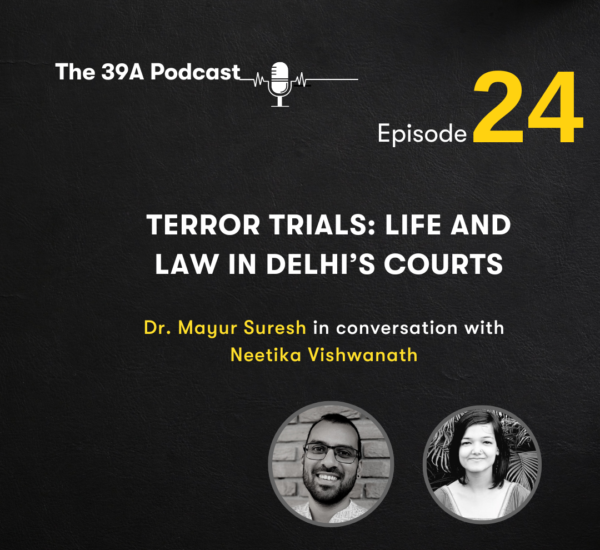In the first episode of The 39A Dialogues, criminal law expert Siddharth Aggarwal argues that the stage of “discharge” is an integral feature of all criminal trials and cannot be arbitrarily eliminated from summons triable cases. He reminds us of the importance of balancing between rights of the accused and victims, and, points to implicit powers in the Code of Criminal Procedure, 1973 that require judges to apply their judicial minds to ensure that a case has enough substance before proceeding to the next stage in trial. One such power is expressed in Section 251 of the Code which gives judges the discretion to frame notice once an accused appears in a summons triable case. This includes the power to discharge an accused when no grave suspicion arises as to his culpability in any offence as alleged in any private complaint, says Siddharth. While Adalat Prasad v. Rooplal Jindal and Others, (2004) 7 SCC 338 and Subramanium Sethuraman v. State of Maharashtra (2004) 13 SCC 324 are popularly believed to foreclose the power of magistrates to order discharge in summons cases, Siddharth points out that these cases do not determine the law on Section 251 of the Code at all, but relate to a revisiting of an earlier stage in the process. He calls for clarification of the law through an unequivocal recognition of the power of Magistrates to order a discharge under Section 251 of the Code.
The complete playlist of The 39A Podcast can be found on the Project 39A YouTube channel.




